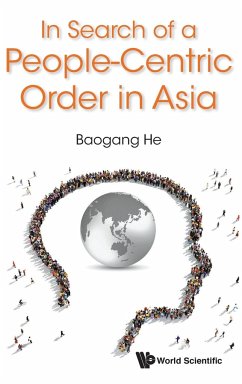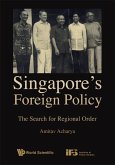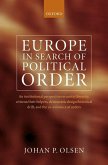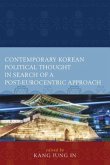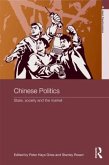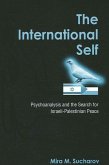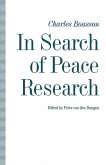"One of the many strengths of the book is that, in imagining a new order for Asia, it keeps ethical concerns involving the idea of justice in mind." Professor Terry Nardin Yale-NUS College, Singapore The order of international relations in Asia is predominantly state-centric. It is one based primarily on absolute national sovereignty, exclusive national identity and patriotic national citizenship. This sovereignty-based or state-centered order, however, has been challenged and progressively undermined by a people-centric order that is governed by ideals of global citizenship and principles of global justice. In this people-centric order, the emergence of a new form of politics in which citizens are empowered by various non-governmental organizations that serve to define and influence world politics is envisaged. Clearly, such an order clashes with the prevailing Asian national sovereignty-based model. This book provides a systematic descriptive, explanatory and normative analysis of the clash of normative orders in Asia, and develops an analysis of Asian responses to the challenge posed by a more diffuse people-centric order and the implications this may have for global justice. The book aims to study two paradigms of political order - a national statist sovereignty-based order and a people-centric order, analyze the conflict between two diverse political paradigms within an Asian setting, and assess the various challenges a people-centric order poses for a sovereignty-based order. It also aims to address the paucity of Asian normative thinking through a synthesis of intellectual sources and normative theories. It applies, tests, revises and develops Western normative theories of the people-centric order. It is a must read for students and researchers who are interested in the theoretical debates - especially Asian voices - on normative issues in Asia.

